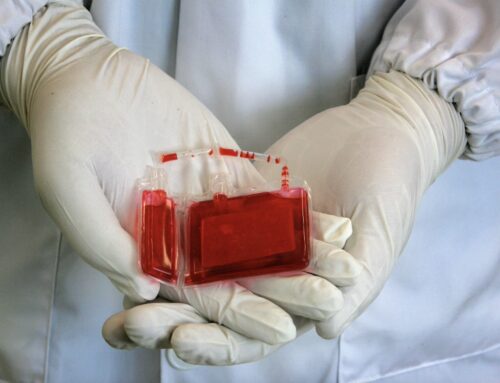How to Stop Thumb-Sucking
Are there health benefits of thumb sucking?
Thumb sucking is a common behavior in infants and young children, and while it’s generally considered normal, there can be both positive and negative effects:
Positive effects:
- Self-soothing: Thumb sucking can help babies and young children to self-soothe and feel comforted, especially in stressful or unfamiliar situations.
- Natural reflex: Thumb sucking is a natural reflex for babies that can help them feel secure and relaxed.
- Oral development: Some studies suggest that non-aggressive thumb sucking in infants may help in the development of the mouth and jaw muscles.
Negative effects:
- Dental issues: Prolonged thumb sucking can lead to dental problems, such as misalignment of teeth (malocclusion) or changes in the roof of the mouth.
- Speech issues: Excessive thumb sucking can also affect speech development if it continues past a certain age.
- Skin irritation: Constant sucking can cause skin irritation or calluses on the thumb.
- Social implications: In older children, persistent thumb sucking can lead to social stigma or teasing from peers.
Overall, thumb sucking is a normal behavior in infants and young children and usually does not cause any long-term issues if it stops by the time permanent teeth start to come in. Parents can gently discourage thumb sucking as children get older to prevent any potential negative effects on dental and speech development.
How to break the thumb sucking habit?
Thumb sucking is a common habit among young children that usually diminishes on its own by the age of 4 or 5. However, if thumb sucking persists beyond this age and is starting to affect the child’s teeth or social interactions, you may want to help them break the habit. Here are some tips:
- Positive reinforcement: Praise your child when they are not sucking their thumb and offer rewards for progress.
- Identify triggers: Help your child identify and manage triggers that lead to thumb sucking, such as boredom or anxiety.
- Provide alternatives: Offer a substitute for thumb sucking, such as a stress ball or a toy to keep their hands busy.
- Use a thumb guard: Consider using a thumb guard or a bitter-tasting nail polish to discourage thumb sucking.
- Talk to your child: Explain why it’s important to stop thumb sucking and involve them in the process of breaking the habit.
- Set goals: Set achievable goals with your child, such as going one hour without thumb sucking, and gradually increase the time.
- Consult a dentist or pediatrician: If thumb sucking is causing dental problems, seek advice from a dentist or pediatrician.
It’s important to be patient and understanding as your child tries to break the habit. For most children, thumb sucking is a normal part of development that they will outgrow with time.




